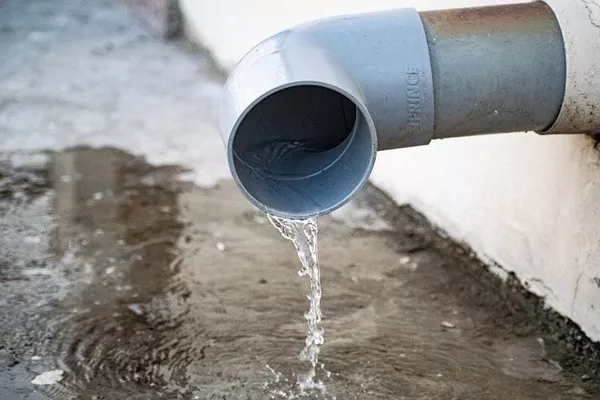Sewer smells in the house can be both unpleasant and concerning. These odors are indicative of underlying issues within the plumbing or sewer systems of a home. Identifying the causes of sewer smells and addressing them promptly is essential for maintaining a healthy and odor-free living environment.
Common Causes of Sewer Smells
Sewer smells indoors can stem from various sources, often related to problems within the plumbing or sewer infrastructure. Some common causes include:
Plumbing Issues: Broken or leaking pipes can allow sewer gases to escape into the home. Even small cracks or gaps in pipes can lead to noticeable odors.
Sewer Line Problems: Cracks, blockages, or damage to the sewer line can cause foul odors to permeate the house. Tree root intrusion, aging infrastructure, or ground movement can contribute to sewer line issues.
Dry P-Traps: P-traps, the U-shaped pipes beneath sinks and drains, are designed to hold water to block sewer gases from entering the home. If a P-trap dries out due to infrequent use or evaporation, sewer smells may become noticeable.
Clogged or Improperly Vented Drains: Blockages in drains or inadequate venting can lead to sewer smells backing up into the house. Improper venting can also cause air pressure imbalances, exacerbating odor issues.
Sewer Gas Leaks: Leaks from the septic tank or sewer line can release foul-smelling gases into the home. These leaks can result from deterioration, corrosion, or physical damage to the infrastructure.
Identifying the Source of the Odor
Pinpointing the source of sewer smells is crucial for effective remediation. Several methods can be employed to identify the origin of the odor:
Visual Inspection: Examining plumbing fixtures, drains, and surrounding areas for signs of leaks, corrosion, or damage.
Checking for Signs of Leaks: Investigating areas for moisture, water stains, or mold growth, which can indicate plumbing or sewer line leaks.
Odor Detection Techniques: Using specialized tools or techniques to trace the path of sewer odors and locate the source accurately.
DIY Solutions for Sewer Smells
In some cases, homeowners can address minor sewer smell issues with DIY solutions. These methods may help alleviate odors temporarily:
Pouring Hot Water: Flushing drains with hot water can help dislodge and clear minor blockages, reducing odor buildup.
Baking Soda and Vinegar: A mixture of baking soda and vinegar can be poured down drains to neutralize odors and break down organic matter.
Cleaning P-Traps and Sewer Lines: Removing and cleaning P-traps or using drain cleaning solutions can eliminate buildup and prevent odors from escaping.
Installing Drain Covers or Traps: Installing drain covers or traps can prevent debris, hair, or other materials from entering and clogging drains.
When to Call a Professional
While DIY methods can address minor odor issues, certain signs indicate the need for professional intervention:
Persistent Odors: If sewer smells persist despite DIY efforts, there may be underlying issues requiring professional assessment.
Visible Damage or Leaks: Visible signs of plumbing or sewer line damage, such as leaks, corrosion, or water stains, warrant professional inspection and repair.
Complex Issues: Complex plumbing or sewer line problems, such as extensive blockages or sewer line damage, require the expertise of a licensed plumber.
Preventive Measures to Avoid Sewer Smells
Taking proactive steps to maintain plumbing and sewer systems can help prevent sewer smells from occurring:
Regular Maintenance: Schedule routine inspections and maintenance of plumbing and sewer systems to detect and address issues before they escalate.
Proper Waste Disposal: Dispose of waste, grease, and other materials properly to prevent clogs and blockages in drains and sewer lines.
Flushing Drains Periodically: Regularly flush drains with hot water to help prevent buildup and keep pipes clear.
Keeping P-Traps Filled: Ensure P-traps remain filled with water by using fixtures regularly to block sewer gases from entering the home.
See Also How Does A Klargester Biodisc Work
Conclusion
Sewer smells in the house are often indicative of underlying plumbing or sewer issues that require attention. By understanding the common causes of sewer smells, identifying their source, and implementing appropriate solutions, homeowners can maintain a healthy and odor-free living environment. Prompt intervention, whether through DIY methods or professional assistance, is essential for addressing sewer odor problems effectively and preventing further damage to the home’s infrastructure. Regular maintenance and preventive measures can help minimize the occurrence of sewer smells, ensuring a comfortable and hygienic home environment for occupants.

